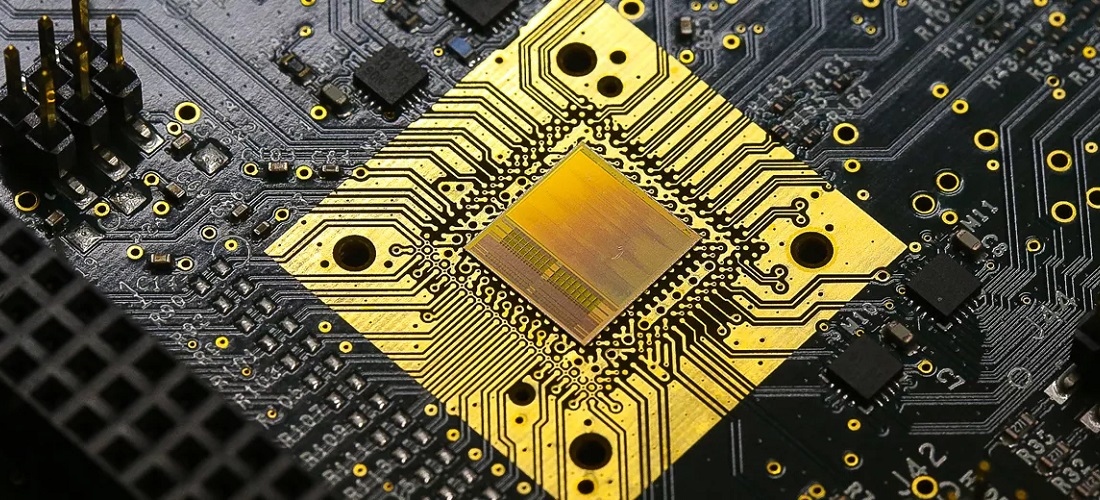
China to Tighten Export Restrictions on Battery and Chip Material Technology
Mar, 19, 2025 Posted by Denise VileraWeek 202512
The Chinese government plans to tighten trade restrictions on technology used to produce materials for electric vehicle batteries and semiconductors to maintain its competitive edge against the United States.
The new restrictions will apply to technology for producing gallium, a key element in semiconductor manufacturing, and cathode materials for lithium-ion batteries. Anyone seeking to transfer this technology abroad will need permission from the Ministry of Commerce.
The ministry concluded its public comment period in February, paving the way for authorities to impose the new restrictions soon.
China holds a 90% global share in cathode materials and gallium. It also leads in production processes and plans to tighten controls on advanced technologies that help improve quality.
The restrictions on cathode materials will target technology essential for extending the range of electric and other new-energy vehicles. According to the industry data portal Mysteel, only a handful of Chinese companies have commercially implemented this technology. Still, it is expected to become widespread among battery manufacturers by late 2025.
Regarding gallium, a byproduct of aluminum processing, Chinese refineries have developed a new, expensive, but efficient method for producing high-purity materials. Beijing is extending its restrictions on conventional production processes to include this emerging technology.
China aims to prevent advanced technologies from leaking abroad as manufacturers expand globally. Cathode material producer Changzhou Liyuan New Energy Technology opened its first overseas plant in Indonesia last April. Around the same time, Hunan Yuneng New Energy Battery Material announced the construction of a factory in Spain. Hubei Wanrun New Energy Technology is building a plant in the United States, set to begin large-scale production in 2028.
According to China’s Gaogong Industrial Research Institute, when Western countries allow battery-related companies to operate within their borders, China requires them to share core technology.
State-owned Aluminum Corp. of China and private company Cayman Aluminum (Sanmenxia) have faced similar demands regarding their gallium production technology. Gallium is used in semiconductors for fast electric vehicle chargers, data centers, and military radar and communication systems.
The Center for Strategic and International Studies in Washington predicts that the U.S. will fall behind in next-generation military and economic technology if China gains a global advantage. Similarly, Chinese authorities appear to be becoming more protective of critical technology as foreign interest grows.
Previously, China’s trade restrictions focused on minerals and other goods rather than production technology. On February 4, China expanded export controls on tungsten and other materials. It also “in principle” banned the export of gallium to the United States last December.
Source: Valor Econômico
-
Fish
Mar, 06, 2019
0
Argentina’s squid catch reaches 50,195 tons so far this year
-
Shipping
Sep, 30, 2022
0
Valemaxes are squeezing capes for Brazilian iron ore exports
-
Blog News (ENG)
Jan, 08, 2025
0
November DataLiner Report: Brazilian Maritime Trade Remains Strong but Faces 2025 Slowdown Risks
-
Grains
Dec, 27, 2023
0
El Niño to ‘funnel’ demand for freight in agriculture

